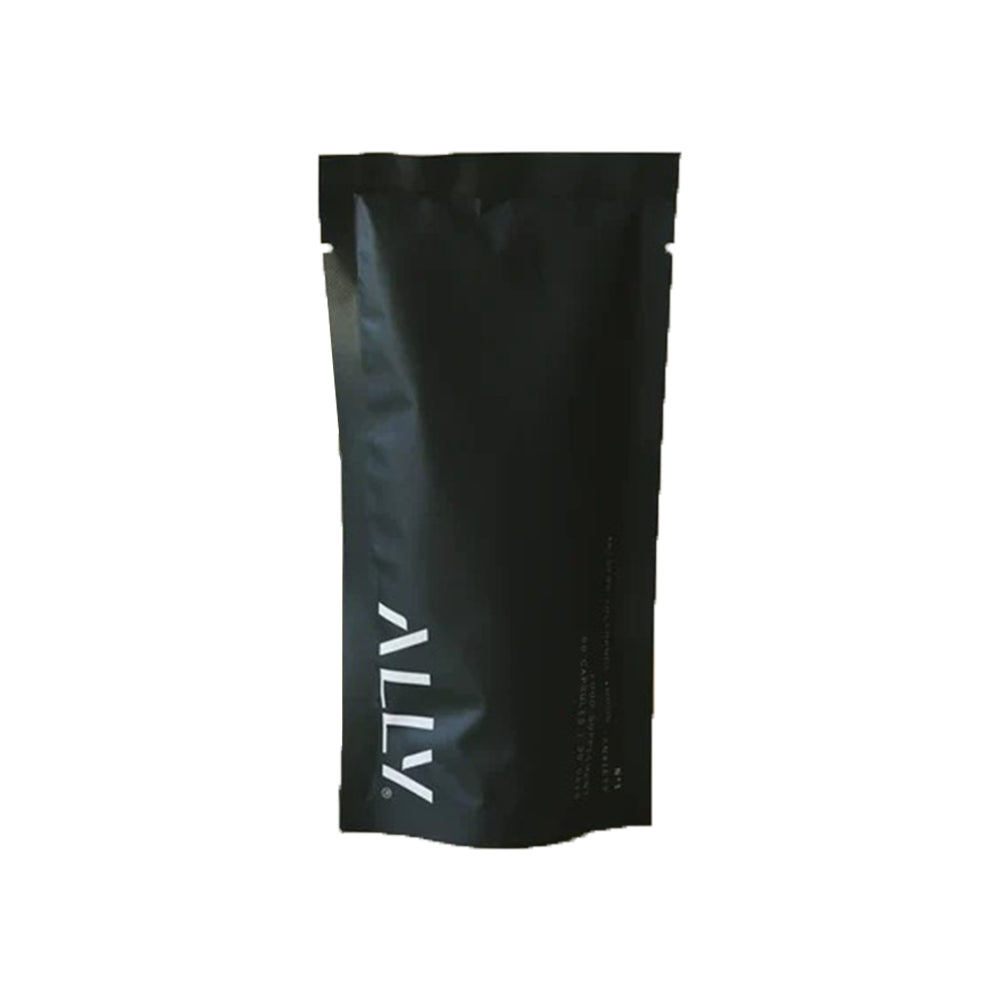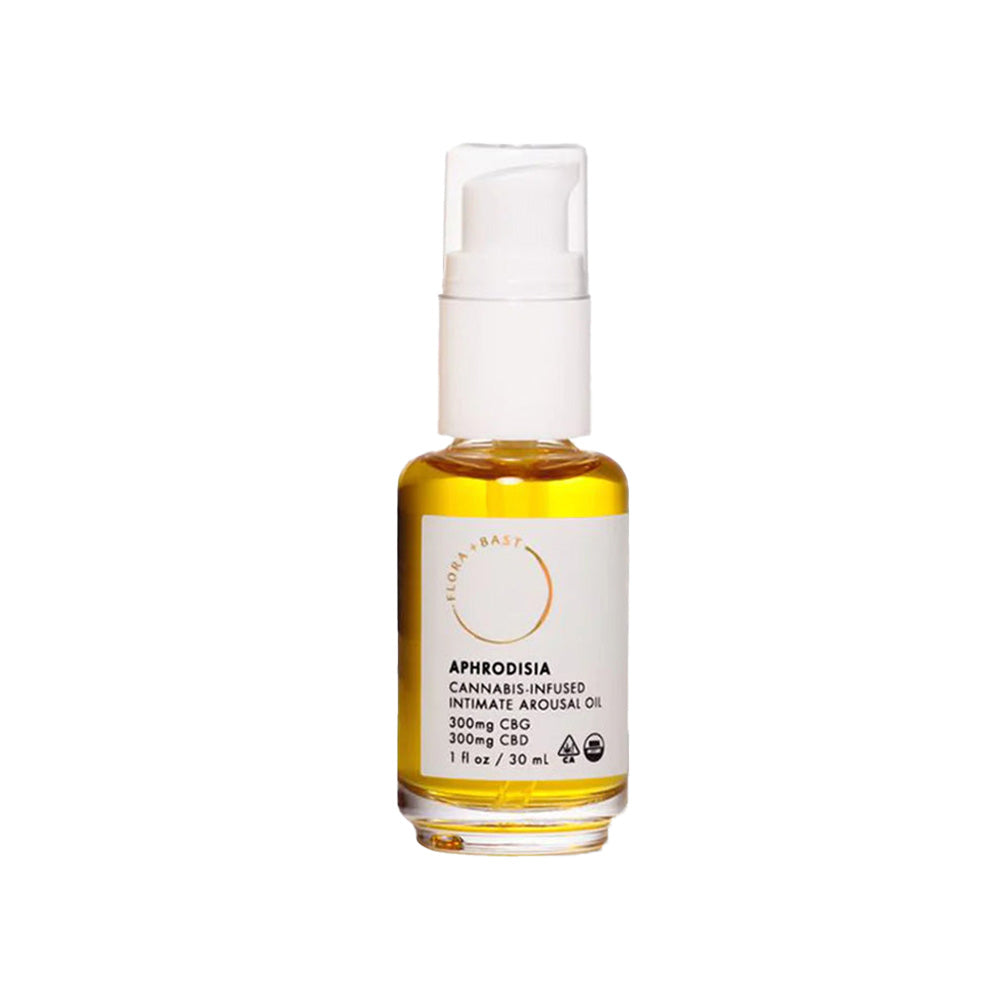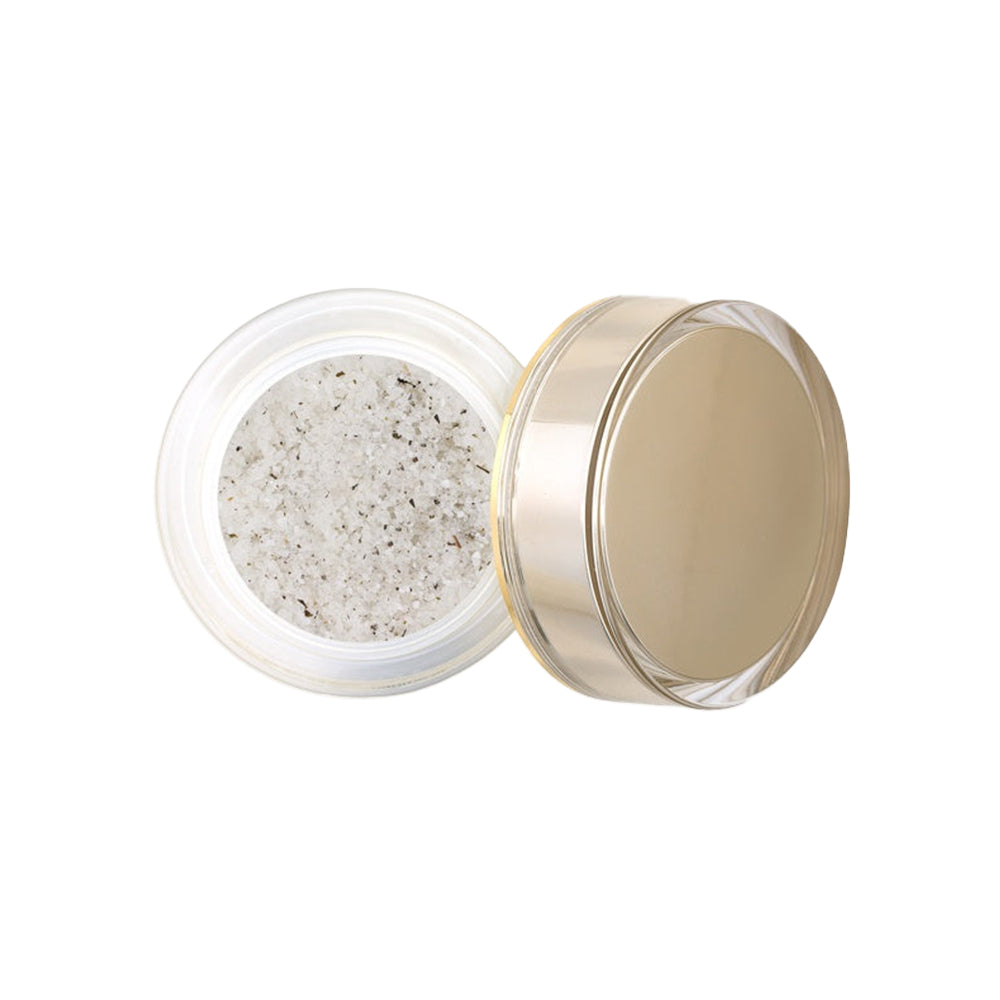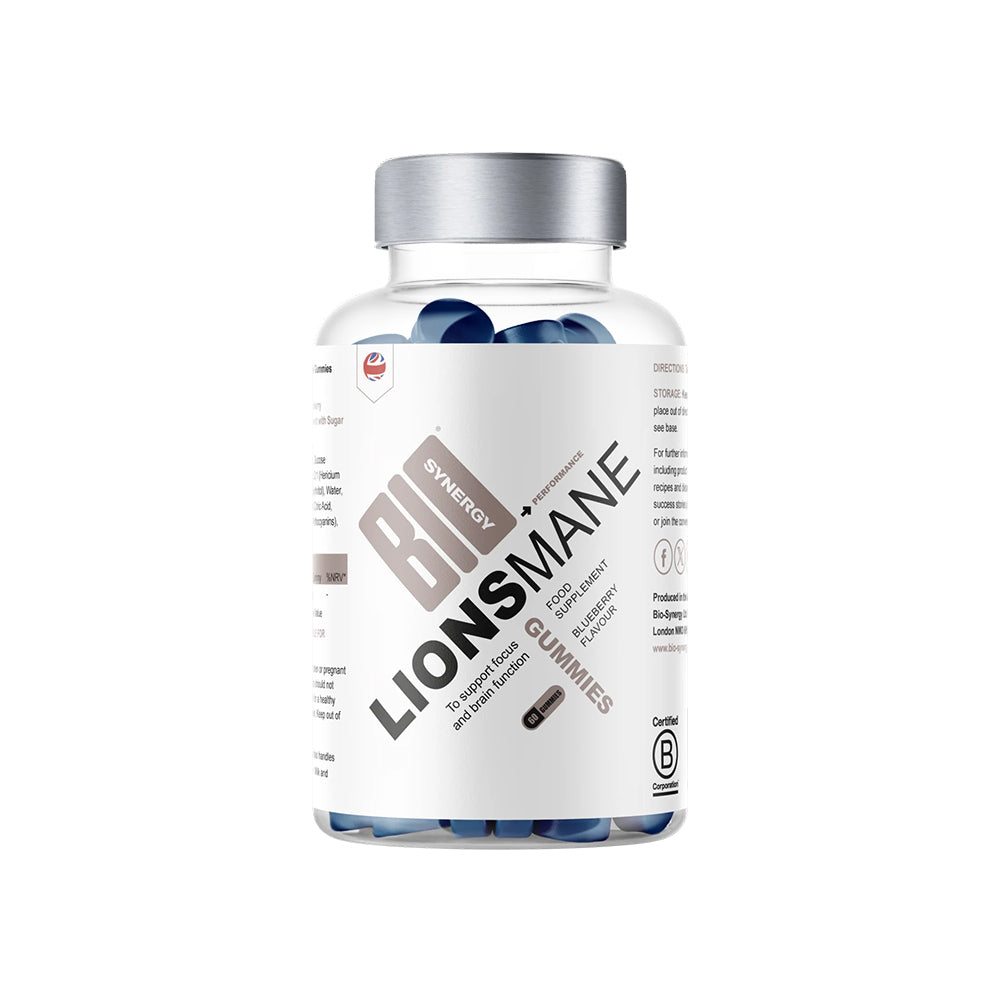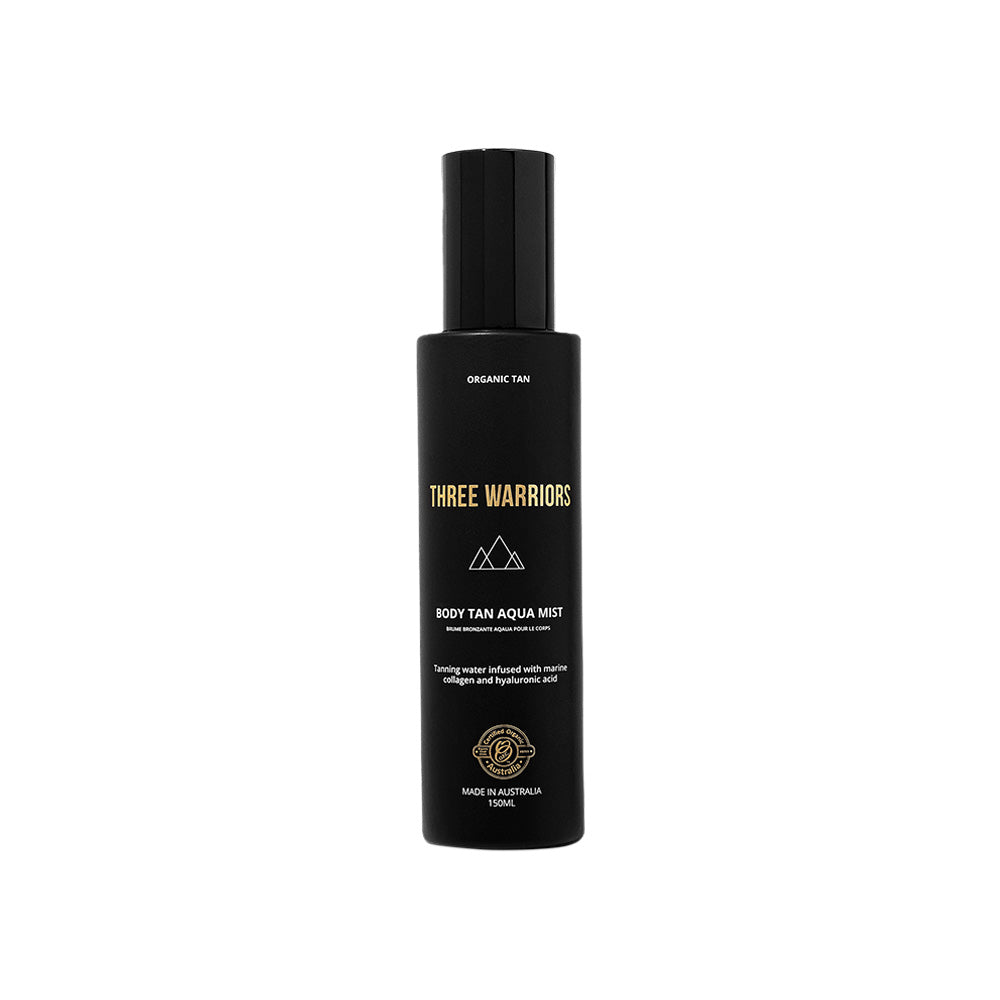Is the Hype Around Gut Health Real?
While gut health may seem nothing more than a breezy phrase being tossed around the wellness arena, there is genuine scientific research behind it. Digestion and gut microbiome have been linked to ailments such as a bloated stomach area, eczema, and feeling generally run down and tired, as well as overall immune health. Appearing on the lifestyle podcast Healthier Together, registered dietician and gut health expert Dr. Megan Rossi explains, “Research finds that these microorganisms living within us dictate so much of our hormone production and [basically] every element of how the body functions.” So, how can we take control of our digestive health and keep our gut ticking along happily?
How Does Diet Affect Your Gut?
It is well known that we should have “good bacteria” in our guts, otherwise known as probiotics, which help to balance and restore our microbiome. You may also have heard of the term “prebiotics”, which can be found in food and help to feed the bacteria that are already in our gut. Consuming only foods that are of no benefit to gut bacteria (fried and processed foods, for example) can throw everything off balance, leading to bloat and gas. We spoke to Penny Weston, a fitness, wellness, and nutrition expert, who runs leading UK wellness centre, MADE. She advises, “Improving your gut health can really make a difference to overall health. I’m a firm believer in eating a healthy, balanced diet, rich in all the essential nutrients that come from plant-based goodness. This includes lots of fruit, vegetables, grains, pulses, and plant-based proteins. Keep a check on portion sizes, cut down on high-fat, high-salt processed, and high-sugar foods, and find snacks that you enjoy that also nourish your body.”
Prebiotic-rich foods (Rossi explains these include foods such as pistachios and extra virgin olive oil) can also be combined with your usual diet to boost your gut microbiome. Similarly, probiotic foods contain live “good” bacteria to bring your gut into balance. Weston says, “Fermented foods can help promote healthy gut bacteria. Eating food such as yogurt, kefir, sauerkraut, kimchi, and other fermented vegetables is good for your gut health.” If these foods aren’t your thing, kombucha is also a popular fermented drink that has gained traction over the last few years.
Rossi explains that feeding and nourishing your gut with these wholesome foods and drinks will also help to prevent and heal a ‘leaky gut’, an occurrence when the gut lining is weakened and therefore less effective in fighting off “bad” bacteria and toxins. This can present in several symptoms such as bloating and may be caused by several factors, even temporarily by over-indulgence in things like alcohol.
While eating fermented foods is ideal, let’s face it, most of us don’t have time to stand around brewing kombucha at home or trying to incorporate kimchi into multiple meals. This is where supplements can come in to give us a nudge in the right direction. Incorporating products such as a daily supplement may make a big difference with minimal effort. Brands such as Simone Thomas Wellness, Matcha & Co, and Marie Reynolds are just a few that create products containing probiotics specifically to maintain a healthy gut.
How to Make Smarter Diet Choices
Aside from focusing on “good gut bacteria”, there are other things we can do to improve digestion and reduce pesky bloating. Weston explains, “It’s important to drink plenty of water every day. I usually aim to drink two to three litres a day. Water helps remove waste and toxins from your body. Another idea, when possible, is to eat your main meal at lunchtime and then make a lighter meal in the evening (soup, for example) so you aren’t bloated later [at night].” On the topic of evening routines, Penny also recommends giving your body adequate time to digest properly. Going to bed on a full stomach or lying down after eating may result in unnecessary discomfort.
When it comes to specific diet choices, apart from trying fermented foods, Weston also advises reducing inflammatory foods in your diet such as sugar or coffee, which can aggravate the digestive system and cause bloating. “It can be hard to ditch coffee but perhaps try herbal tea instead. These can have lots of antioxidants and anti-inflammatory nutrients.”
And, lastly, it's not just what we are eating, but how we’re eating. “It might sound obvious but chew with your mouth closed to avoid swallowing air – that will also help avoid bloating,” says Weston. Similarly, Rossi confirms that chewing your food well and ensuring it breaks down for easy absorption is also important. As a general guide, she recommends chewing each mouthful 15-20 times before swallowing.
Lifestyle Edits
Having an upset stomach, bloating or constipation might understandably make you feel like crawling into bed; however, the experts advise doing the opposite. Weston says, “Physical activity can help your body’s digestive system move along and make things feel more comfortable.” Light exercise such as walking works a treat for keeping the digestive system moving along and has the bonus of making you feel less sluggish and tired. Any exercise should do the trick. In fact, Weston confirms research studies show athletes have a larger variety of good gut bacteria.
Through exercise, the idea is that your digestive system is activated by the movement which helps your tract to contract and allows food and waste to pass through your intestines. This should result in more regular bowel movements and less bloating.
“Also try yoga,” says Penny. “There are many poses which can help aid digestion, such as downward facing dog, child’s pose, and boat pose. These poses will increase core strength and help relax the muscles of the stomach, leading to better gut health – and reduced stress. Even simple breathing exercises can aid digestion and lead to less bloating. Just sit up straight and practice breathing in and out, using your stomach muscles.”
Rossi explains that there may also be other lifestyle culprits when it comes to bloating and discomfort. Even factors such as tight clothing and stress can aggravate bloating, as our bodies are tense and restricted even if we don’t realise it. Again, deep breathing even just for five minutes can help the body to relax and ease the gut during busy periods.
Healthy Gut, Healthy You
If you regularly feel bloated, sluggish, and run down, it may well be down to your digestive health, diet, and lifestyle. Of course, seeking advice from a medical professional is recommended if you suspect something else is amiss; however, adjusting diet, incorporating gentle exercise, and selected supplements and probiotics should help us get back on track for a happy, healthy gut. As well as a physical debloat, maintaining good gut health has been linked to a myriad of other things such as brain health and skin health, allowing us to glow from the inside out. Happy healing.











